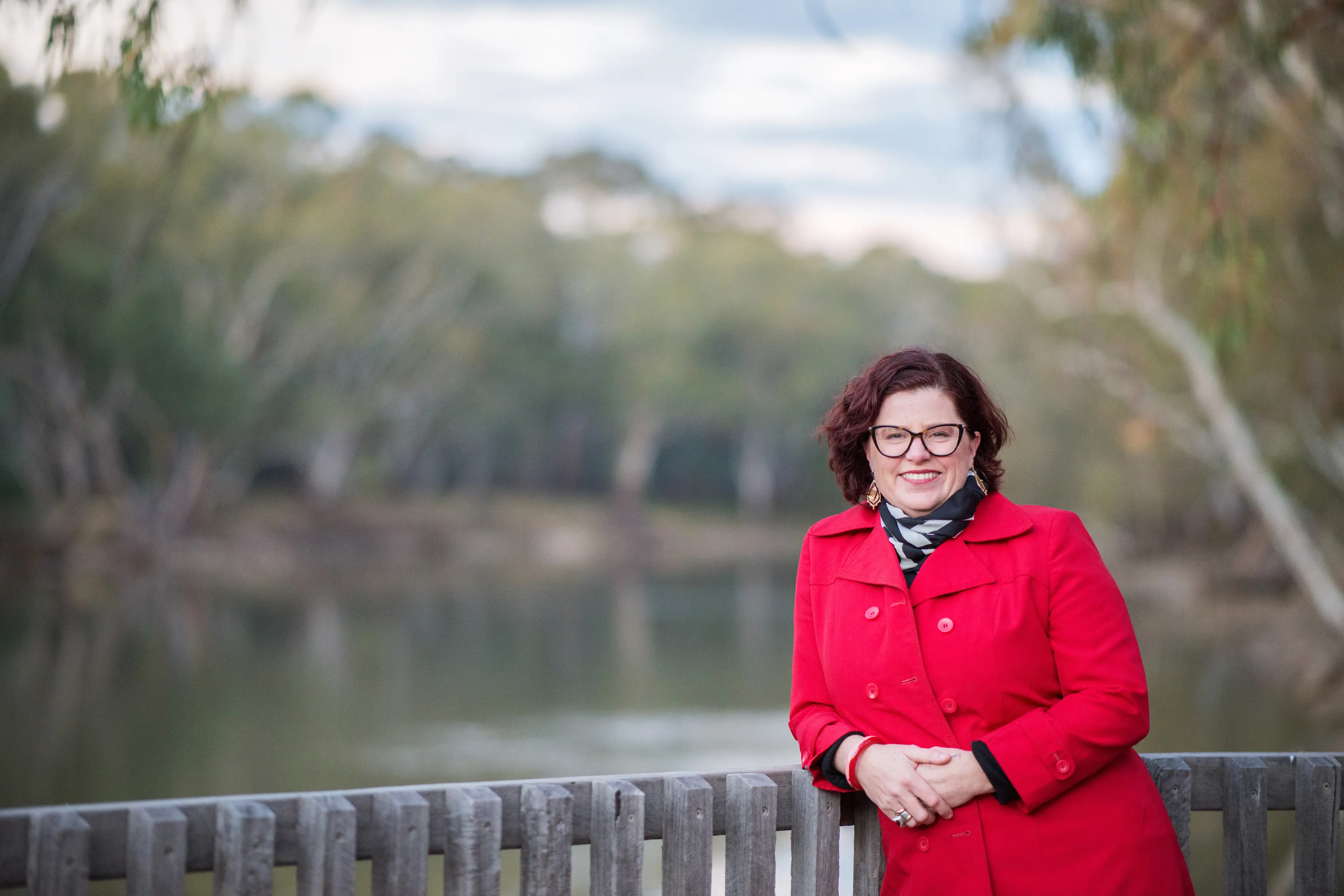PHOTO
By JEFF ZEUSCHNER and ANDY WILSON
The Foundation for Rural & Regional Renewal (FRRR) and the Australian Rural Leadership Foundation (ARLF) says this month's launch of the Future Drought Fund’s Communities Program, funded by the Australian government, could provide much needed grants to benefit communities across the northeast.
The program has $36 million available over the next three years to support agriculture-dependent communities across remote, rural, and regional Australia to prepare for drought by building and maintaining their social resilience.
The first two granting elements - Small Network Grants and the Regional Drought Resilience Plan Social Outcome Grants - opened on 5 November, with locally-based not-for-profit organisations in the northeast LGAs - including Strathbogie Shire - among those able to apply.
The first round of Small Network Grants of up to $50,000 and RDRP Social Outcome Grants of up to $100,000 are available to support activities that strengthen professional, social or community networks; host community events; run training workshops; upgrade small-scale community infrastructure or facilitate professional, personal or leadership development, and close on Thursday 11 December.
There will be three rounds.
Natalie Egleton, FRRR’s chief executive officer, said the programs aim to support people to be better skilled, informed, connected, and resourced, so that they can draw upon these strengths in times of drought.
"For community groups, this preparedness work will enable them to have greater capacity and access to the rights resources and support that their communities need, when they need them,” Ms Egleton said.
FRRR's disaster resilience and recovery lead Nina O'Brien spoke with The Euroa Gazette and said the role of FRRR was to act as 'intermediary broker' of funding.
"We make sure the funds are dispersed appropriately and in the most simple way," Ms O'Brien said.
"And we also provide support and help with both project design and writing applications."
The program welcomed applicants from a wide range of NFP organisations that had a community focus, and Ms O'Brien said the grants were designed to support the wider community with a focus on the social effect of drought and other natural disasters.
"We usually see what is the visual impact of drought - the financial impact and the environmental impact are apparent visually - but the social impacts are silent and are also long term," she said.
"This support is designed to address that, to help strengthen the social fabric in community."
She said the grants were helpful for obtaining practical things, such as data projectors or crockery in community centres.
"In any drought, you are going to need a good community centre that works, that has facilities."
A recent productivity report made the recommendation to FRRR to attract more diversity in applicants - with more non-agriculture based groups urged to apply.
"We would like to welcome more culturally and linguistically diverse people for example, as some of them work regionally on farms, and also some First Nations groups to build relationships where before they may not have existed to understand what drought and climate change means through the indigenous perspective."
One program in its second year is the National Mentoring Initiative, in which people are paired with mentors to share experiences, perspectives, and knowledge in a supportive virtual environment, with 12 sessions offered over 12 months.
Ms O'Brien said this initiative tied in with FRRR's rural leadership program foundation which aimed at young people (up to 35 years) who want to reach beyond their geographical location.
"How we think about it at FRRR is not so much about age, but it's about people who are moving through generational change who are ready to step up into leader positions and so they need a really good toolkit on things such as governance.
"The leadership program and mentoring recognise all those critical components to put the right foundation stones in place.
"There are the physical ones and the financial ones, but also the right attitude of looking towards the horizon and embracing the change.
"We forget that some twenty-something-year-olds are yet to have seen a drought, and rural communities are currently experiencing unprecedented change.
"It needs embracing."
For more details on the programs go to https://frrr.org.au/funding/fdf-communities/





